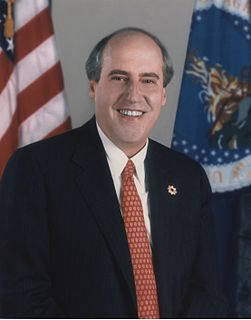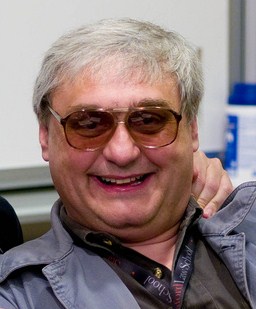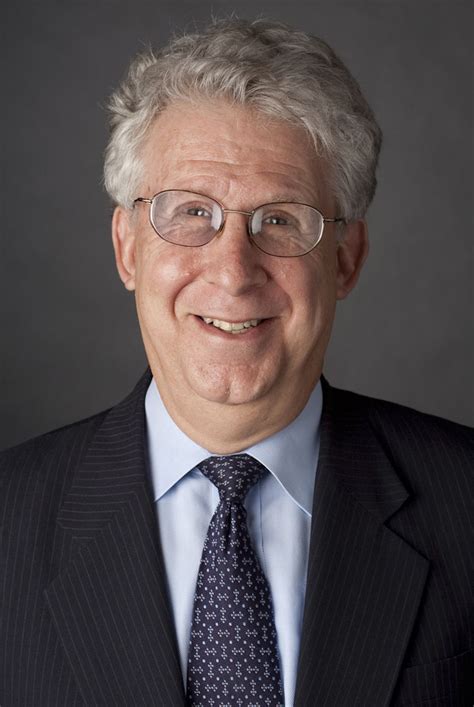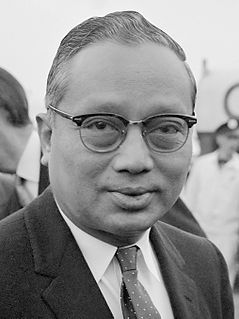A Quote by Jeffrey Sachs
We were proposing, in a sense, that the rest of the world be made safe for American ideas, as they adopted intellectual property rights that gave patent protection to our very innovative economy.
Related Quotes
As property, honestly obtained, is best secured by an equality of rights, so ill-gotten property depends for protection on a monopoly of rights. He who has robbed another of his property, will next endeavor to disarm him of his rights, to secure that property; for when the robber becomes the legislator he believes himself secure.
For better or worse, we are the Court of Appeals for the Hollywood Circuit. Millions of people toil in the shadow of the law we make, and much of their livelihood is made possible by the existence of intellectual property rights. But much of their livelihood - and much of the vibrancy of our culture - also depends on the existence of other intangible rights: The right to draw ideas from a rich and varied public domain, and the right to mock, for profit as well as fun, the cultural icons of our time.
One of the movements we have developed is to say that, just as intellectual property rights protect the inventions of individuals, common rights are needed to protect the common intellectual heritage of indigenous peoples. These are rights that are recognized through the Convention on Biological Diversity. We are working to make sure that they become foundations of our jurisprudence.
The quality of American patents has been deteriorating for years; they are increasingly issued for products and processes that are not truly innovative - things like the queuing system for Netflix, which was patented in 2003. Yes, it makes renting movies a snap, but was it really a breakthrough deserving patent protection?
The Universal Declaration of Human Rights - This great and inspiring instrument was born of an increased sense of responsibility by the international community for the promotion and protection of man's basic rights and freedoms. The world has come to a clear realization of the fact that freedom, justice and world peace can only be assured through the international promotion and protection of these rights and freedoms.




































